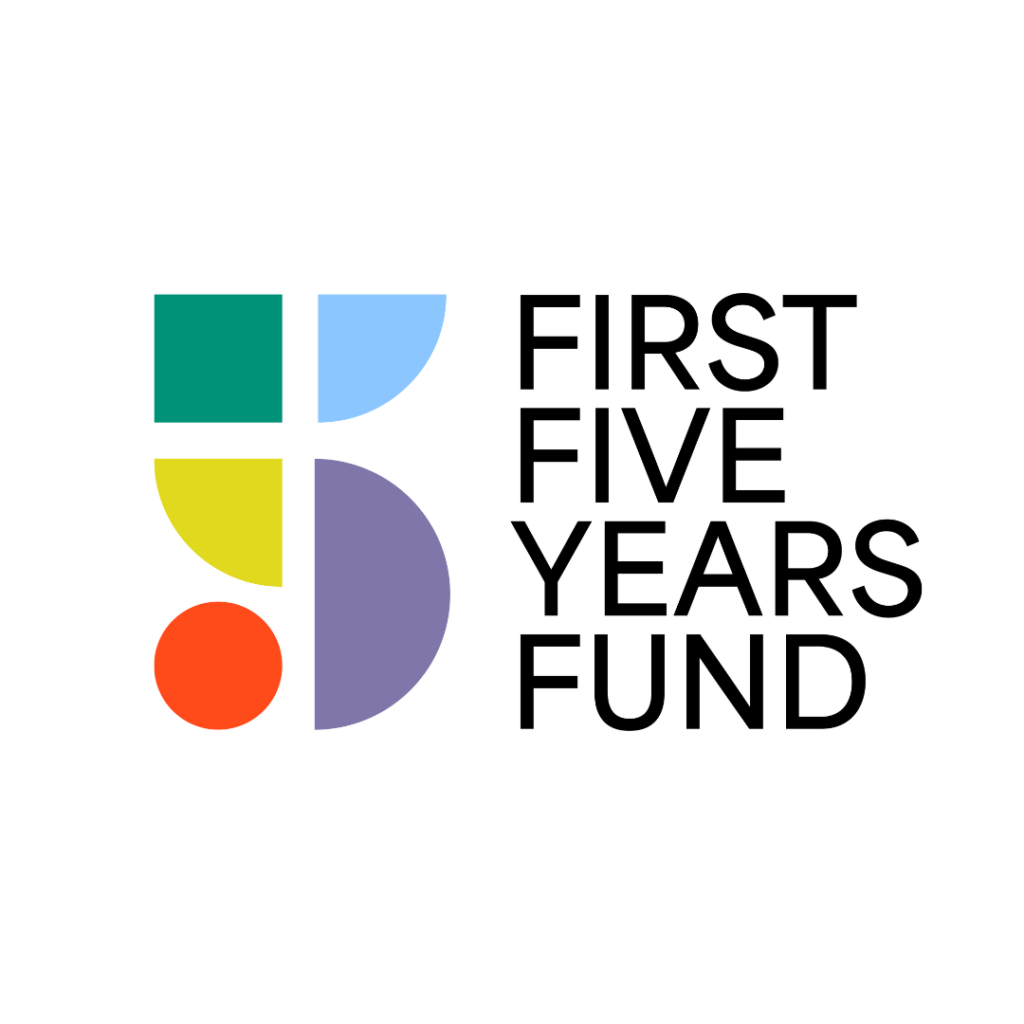Early Head Start – Child Care Partnerships
Overview
The Early Head Start–Child Care Partnerships (EHS-CCP) initiative helps expand access to high-quality child care and comprehensive support for infants and toddlers from low-income families.
The U.S. Department of Health and Human Services awards competitive grants to Early Head Start grantees that partner with local child care providers — both center-based and in-home providers — that serve children from low-income families receiving child care subsidies and agree to meet Head Start Program Performance Standards.
Early Head Start grantees help local child care providers to meet these standards, provide developmental screenings, supply them with formula and diapers, and work to meet children’s health, nutrition, and other development needs.
Funding for EHS-CCP was not specified in FY2025, but it falls under Head Start, which is funded at $12.27 billion for FY2025.
Top
Resources
Latest
Updates
Subscribe to FFYF First Look
Every morning, FFYF reports on the latest child care & early learning news from across the country. Subscribe and take 5 minutes to know what’s happening in early childhood education.
Can’t find what you’re looking for? Contact our policy team directly at mail@ffyf.org for more info.




